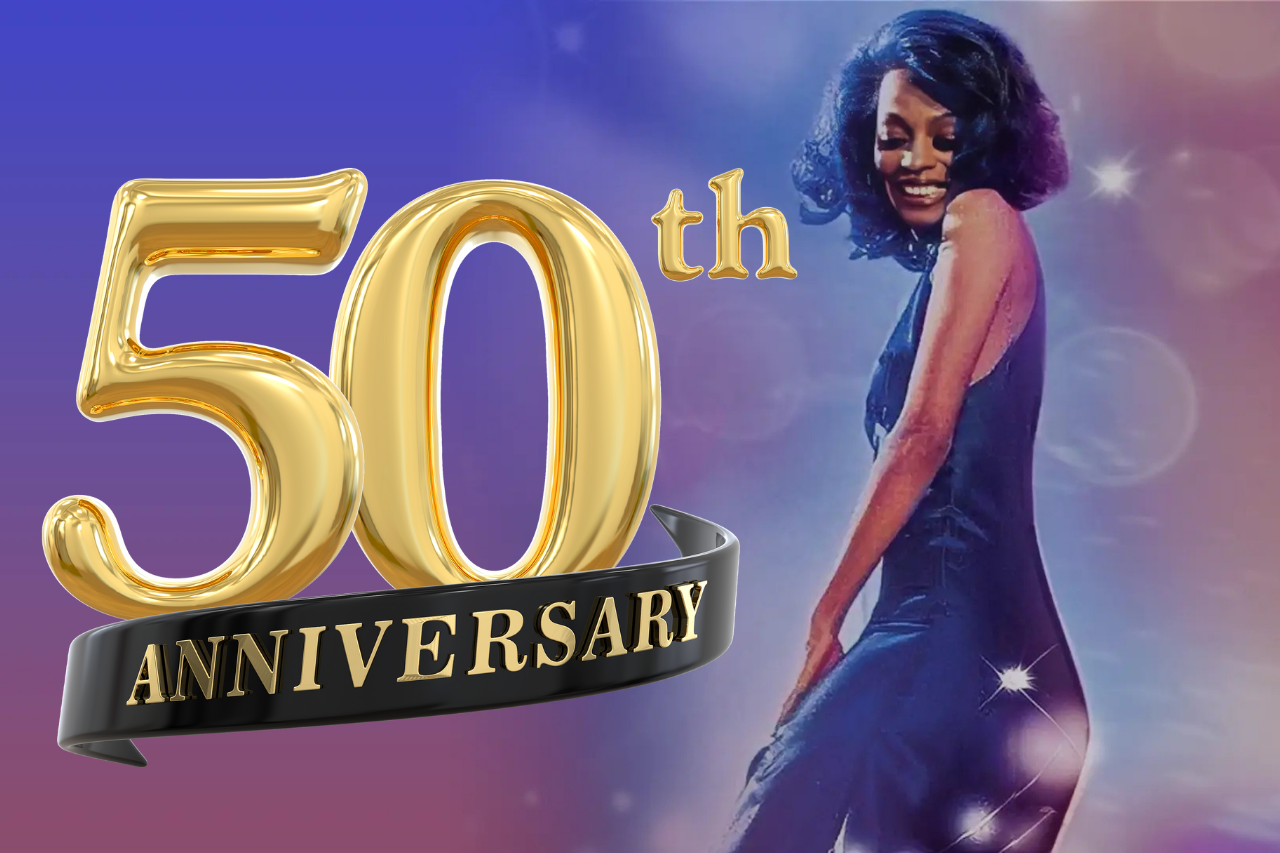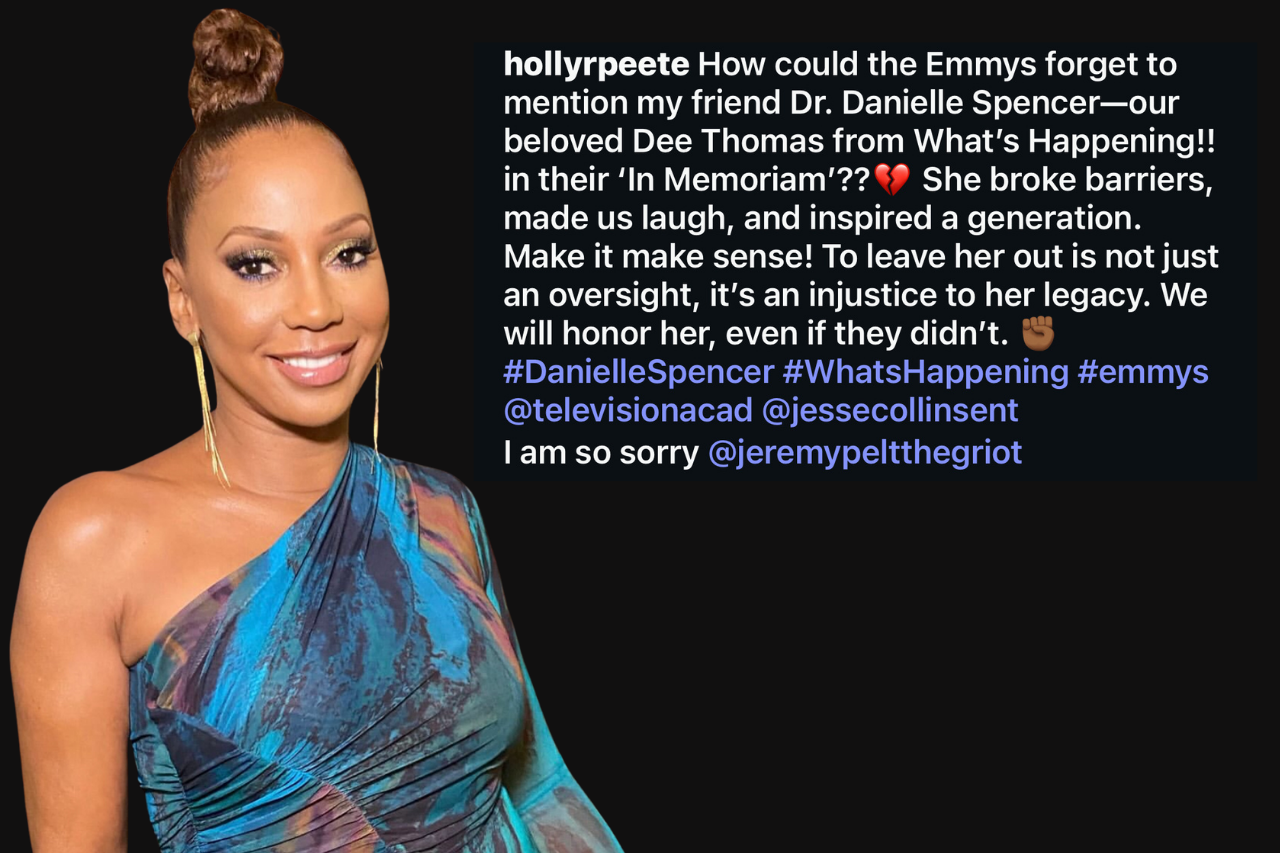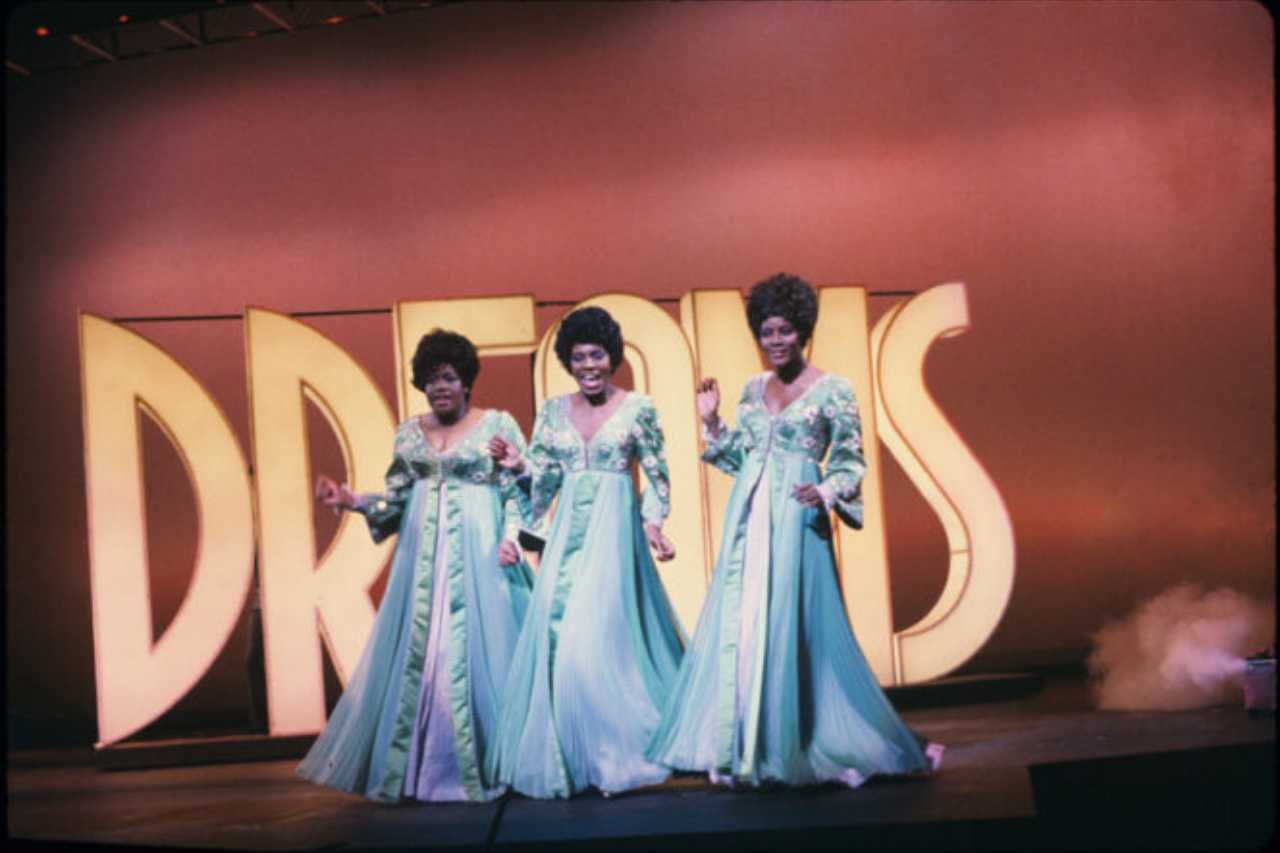As much as Mahogany remains etched in film history, the Apollo’s decision to pair the screening with a conversation led by Rhonda Ross and Ty Hunter shows how the story continues to evolve.
On October 17, the Apollo Theater in Harlem will do more than host a film screening. It will become a time machine, bringing audiences back to 1975 when Diana Ross first appeared on screen in Mahogany. Fifty years later, the film’s reemergence at the Apollo is not only a celebration of cinema and fashion but also a reflection on the staying power of Black artistry and the stories we still return to for guidance.
For many Gen X viewers, Mahogany was their introduction to Ross outside of the music stage. For younger audiences, it remains a capsule of 1970s glamour, ambition, and the contradictions of chasing success. Its reappearance at the Apollo matters because Harlem has long been the epicenter of cultural preservation. To show Mahogany there is to underline that it was always more than a movie; it was a vision of possibility.
Mahogany tells the story of Tracy Chambers, a woman from modest beginnings in Chicago who becomes an international fashion model and designer. Along the way she faces the tension between fame and love, between creating a glamorous image and living an authentic life. The film asked hard questions in 1975, and those questions still hold weight.
What does it mean to succeed in a world that wants you to compromise? What does it mean for women, especially Black women, to balance ambition with personal relationships? These questions remain the heartbeat of many midlife conversations today.
At the time of Mahogany, Diana Ross was already a household name. She had left The Supremes and established herself as a solo artist with multiple hits. But the leap into film was a reinvention. It was risky. Ross was not just acting; she was carrying the film on her shoulders, shaping its fashion aesthetic, and embodying a character that reflected both aspiration and vulnerability.
That reinvention mirrors what many midlife audiences understand. Careers evolve, identities shift, and the courage to step into new roles becomes essential. Ross’ move into film reminds us that a second or third act is always possible. At 50 years since Mahogany, she remains proof that artistry can thrive beyond a single lane, and that reinvention is not an exception but a necessity.


The Apollo Theater is no ordinary venue. It is a landmark of Black American culture, the stage where legends like Ella Fitzgerald, James Brown, and Aretha Franklin became icons. Hosting Mahogany there means more than showing a film. It means positioning Ross’ cinematic work within the continuum of Black creative excellence.
The Apollo has always been about memory and momentum. It protects the past while also reminding each generation of its place in an ongoing story. By showing Mahogany in this space, the film becomes part of Harlem’s living archive, a reminder that beauty, fashion, and ambition are not just individual dreams but collective histories.
Much has been written about the film’s fashion sequences, which Ross helped design herself. Mahogany was not simply a romantic drama; it was a runway. The costumes spoke volumes about power, visibility, and beauty standards at a time when Black women were often excluded from luxury narratives.
Seeing Ross adorned in couture was more than spectacle. It was a statement: that Black women belonged not only in music halls or community stages but on the global runways of Paris, Rome, and beyond. The political impact of those images still ripples through today’s fashion industry, where representation remains a contested space.
There is a reason why the film’s theme song, “Do You Know Where You’re Going To,” still stirs listeners. It is not only a love song but also a reflection on choices, regrets, and directions in life. For audiences in midlife, it becomes a mirror: are we where we thought we would be, and if not, is there still time to change course?
This is what makes the Apollo screening more than nostalgia. It is not just about revisiting the glamour of the 1970s. It is about holding space for reflection, acknowledging that the same questions Ross’ character faced continue to echo in our own lives.
Beyond the film itself, the event will feature a live conversation reflecting on the film’s legacy. Moderated by journalist Patrick L. Riley, the talkback will include celebrity stylist and author Ty Hunter alongside Rhonda Ross, daughter of Diana Ross. On social media, Rhonda Ross confirmed she will join the stage to speak about the film’s enduring message of ambition, artistry, and self-love. Their dialogue will turn the screening into more than a viewing; it becomes an intergenerational exchange about the meaning of Mahogany fifty years later.
Mahogany 50th Anniversary — Apollo Screening + Talk Back
When
Friday, October 17, 2025
Doors: 6:00 PM · Show: 6:30 PM
Where
The Apollo Stages at The Victoria
233 W. 125th St, New York, NY 10027
Tickets
$30 general admission
Hosted by Patrick L. Riley with special guests Ty Hunter and Rhonda Ross.
Discover more from MidScroll
Subscribe to get the latest posts sent to your email.



